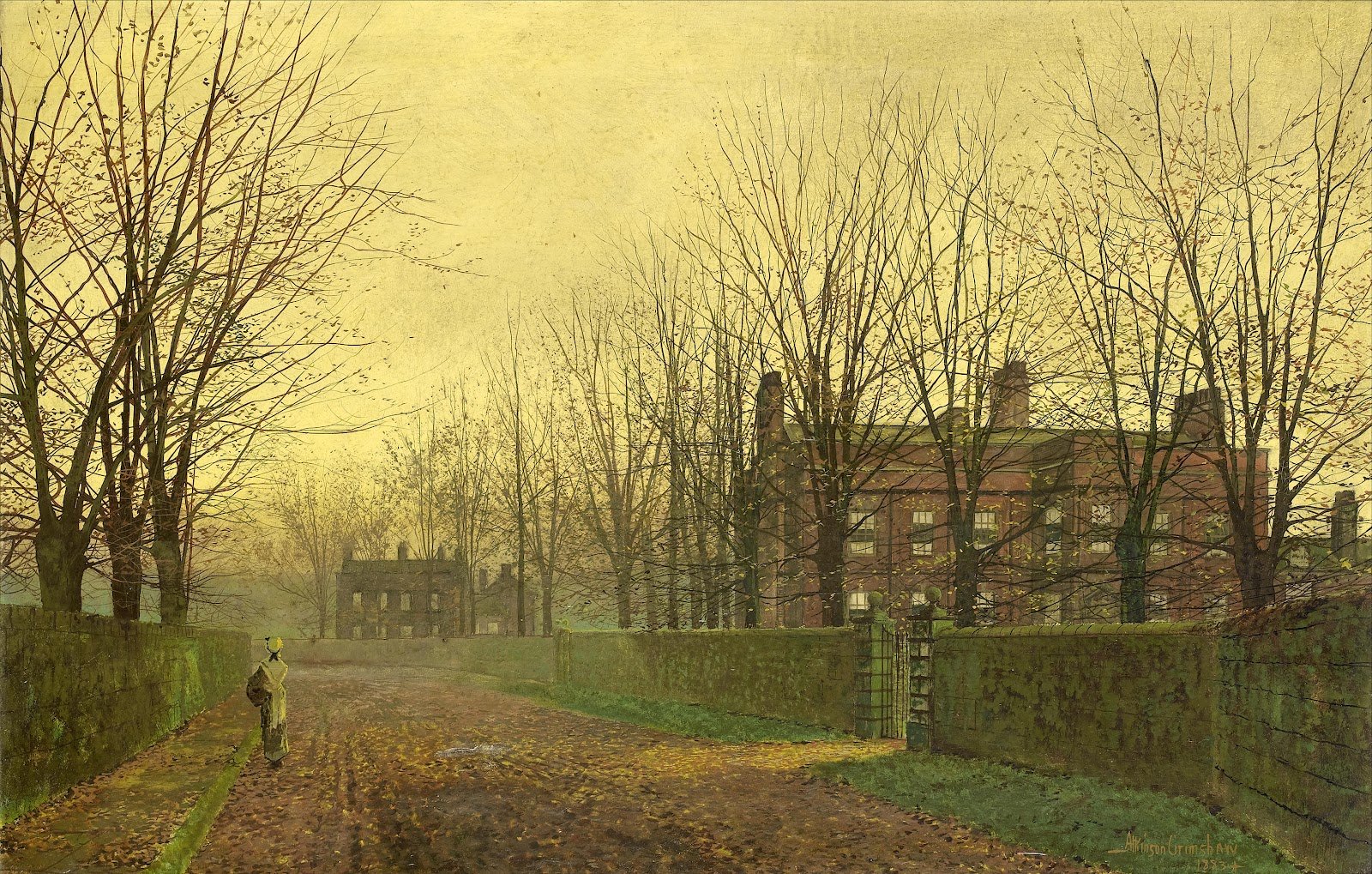A childless baronet with an entailed estate, living unhappily with his wife, decides to adopt a child.
For Gore see Novels 012, 072, 118, 172. The characterization here is excellent throughout, even if the plot, towards the end, grows a little over-fanciful.
“Mrs. Gore has added another charming work to her delightful list; a work no less conspicuous than its predecessors for the interest and naturalness of its plot, the ease and simplicity of its development, the flesh and blood and bone of its characters, the pointed, happy satire, the good humour, and the pathos and passion of its language.” It is “a work that from the first page to the last has scarcely a barren page—scarcely a leaf in which some trait of character—some powerful yet natural incident, some witty yet good-tempered observation on life, its men or its puppets—does not promise to secure it from the fate which, season after season, awaits tens of thousands of leaves denominated fashionable novels.” Examiner, October 14, 1838
“Like all Mrs. Gore’s novels, The Heir of Selwood displays an intimate observation and no slight acquainance with the human heart. The story . . . is replete with interest; and the effects upon the principal actors at different periods of their lives, when young, middle-aged, and elderly, are very naturally as well as very forcibly painted.” Literary Gazette, October 29, 1838
A (somewhat) contrasting view:
It is “excellent in the complication of its story” but “sadly deficient in the solution of the same.” Athenaeum, October 27, 1838
Download this week’s novel:
v.1 https://archive.org/details/heirofselwoodort01gore

